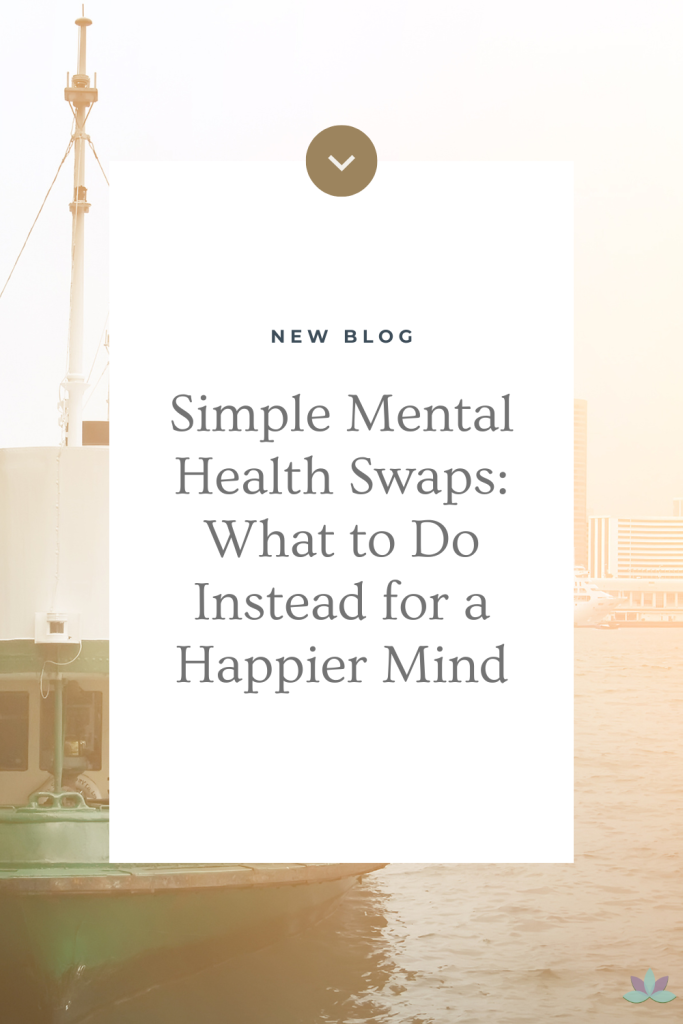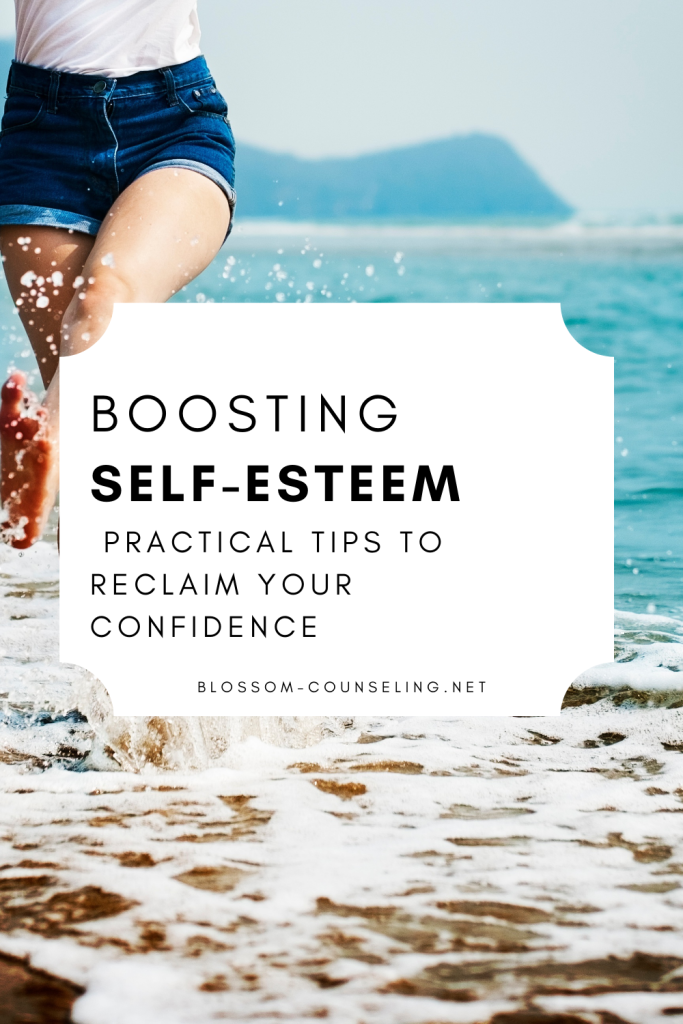
When most people hear the word abuse, they think of something loud, obvious, or physically violent. But not all abuse looks like screaming or bruises. In fact, some of the most damaging tactics are quiet, subtle, and easy to dismiss—especially at first. These behaviors can slip under the radar not because they’re harmless, but because they’re disguised as something else: concern, sarcasm, forgetfulness, or even love.
Subtle abuse tactics can show up in romantic relationships, friendships, family dynamics, or work settings. What makes them especially tricky is how they often leave the person on the receiving end second-guessing themselves: Am I overreacting? Did I imagine that? Maybe I’m too sensitive. That internal confusion is part of what gives these tactics their power.
Let’s unpack some of the more common (and commonly missed) forms of subtle abuse:
1. Gaslighting
This term has become more familiar in recent years, but it still gets misunderstood. Gaslighting happens when someone manipulates you into questioning your own memory, perception, or sanity. It might sound like:
- “That never happened—you must be confused.”
- “You’re remembering it wrong.”
- “You’re overreacting. I was just joking.”
Over time, gaslighting erodes your confidence in your own thoughts and feelings. It creates an imbalance where the other person becomes the “truth-teller” and you become unsure of yourself.
2. The Silent Treatment (Disguised as Needing Space)
Everyone needs a breather sometimes. But when someone consistently shuts down or withholds communication as a form of punishment, that’s not healthy—it’s controlling. If someone uses “space” to avoid accountability, keep you anxious, or make you chase after them emotionally, it can leave you walking on eggshells, unsure of when you’ll be “allowed” to connect again.
3. Love Bombing That Turns Into Control
In the beginning, it feels magical: constant compliments, grand gestures, nonstop texting, declarations of love early on. But when the intensity of “love” starts to become a leash—when they expect you to reply immediately, get jealous over normal interactions, or make you feel guilty for setting boundaries—that’s not affection. That’s possessiveness in disguise.
Love bombing often creates emotional whiplash. It sets a high (and unsustainable) bar early on, which makes it harder to notice when things start to shift into control or criticism. You keep chasing the version of the relationship that only existed at the beginning.
4. Backhanded Compliments and Subtle Undermining
“You’re actually really smart for someone who didn’t go to college.”
“You looked so much better when you weren’t trying so hard.”
“You’re lucky I put up with you.”
This isn’t playful teasing—it’s designed to chip away at your self-worth. When someone wraps criticism in a bow, it’s still criticism. These comments can make you feel like you’re being too sensitive if you speak up, which is exactly the trap.
5. Boundary Testing
One of the sneakiest signs of emotional abuse is when someone repeatedly pushes your limits after you’ve clearly expressed them. This might look like:
- “I know you said not to bring this up, but I just had to.”
- Showing up uninvited after you’ve asked for space.
- Pressuring you to do something you’ve said no to—again and again.
They may frame it as persistence, spontaneity, or even “just caring too much,” but consistent boundary-pushing is a major red flag. Respect doesn’t have footnotes.
6. Playing the Victim to Avoid Accountability
Sometimes, abuse looks like crocodile tears and dramatic stories about how they’re the one who’s hurt. When you bring up something that’s bothering you, they redirect the conversation to how you’ve wronged them instead. You end up apologizing, even when you’re the one who was harmed.
This tactic keeps you emotionally off-balance. It creates a dynamic where your needs always take a backseat, and their pain—real or exaggerated—always becomes the priority.
What all of these tactics have in common is that they distort reality, confuse your instincts, and keep you from feeling safe or emotionally grounded. Subtle abuse doesn’t have to be loud to be harmful. It doesn’t even have to be intentional. But its effects—self-doubt, anxiety, low self-esteem—can linger long after the words are said or the silence sets in.
If something feels off, you don’t have to wait for it to get worse to trust your gut. Sometimes, our nervous systems pick up on manipulation before our minds do. That whisper of discomfort matters. And you deserve relationships where your voice, your boundaries, and your reality are honored.
Our team of compassionate therapists is here to help you find the support you need. We believe in a holistic approach, treating your mind, body, and spirit. With a blend of traditional and alternative therapies, we tailor your experience to meet your unique needs. At Blossom, we create a non-judgmental space where you can be your authentic self. Our goal is to empower you, amplify your strengths, and help you create lasting change. Together, we’ll navigate life’s challenges and help you bloom, grow, blossom! You deserve to become the best version of you.




